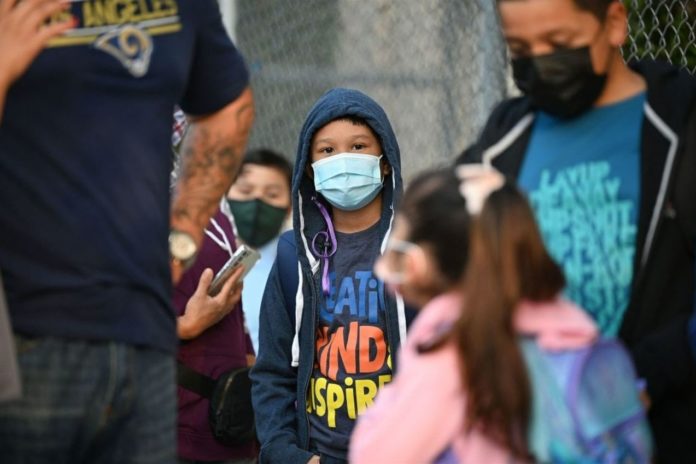A new study published in the journal Cell Reports found that people who have recovered from COVID-19 and those vaccinated against SARS-CoV-2, produce identical clones, or groups, of antibody-producing white blood cells.
The findings shed light on the selection pressures that lead to the emergence of SARS-CoV-2 variants with the ability to evade naturally occurring and vaccine-induced antibodies.
- Does This Mean We Stopped Being Animal and Started Being Human Due to ‘Copy Paste’ Errors?
- The One Lifestyle Choice That Could Reduce Your Heart Disease Risk By More Than 22%
- Aging: This Is What Happens Inside Your Body Right After Exercise
- Immune-Boosting Drink that Mimics Fasting to Reduce Fat – Scientists ‘Were Surprised’ By New Findings
- Gun Violence in America: What They Don’t Talk About at the Debate
Current vaccines, including those that induce an immune response by using genetic material, mRNA, encoding a viral protein, are largely protective against the delta variant that is sweeping through unvaccinated populations worldwide. However, scientists are concerned that new variants will emerge that are more virulent and transmissible, even among those who have already been vaccinated.
The researchers concluded that the findings published this week could aid scientists in developing more effective vaccines and antibody therapies against a broader range of variants.
“We were surprised to discover that there are so many shared antibodies between individuals after SARS-CoV-2 infection, but that is a good sign,” said the study author.
“It was encouraging to find that an mRNA vaccine also induces those clones, which in part explains why these antibodies work so well in so many people.”
Antibodies are proteins produced by B lymphocytes, or B cells, which are specialized white blood cells. When a virus binds to the surface of a B cell, it stimulates division and maturation of the cell into a clone of identical cells.
The mature B cells, known as plasma cells, release millions of antibodies into the bloodstream and lymphatic system, some of which bind to the virus and prevent it from infecting its target cell.
The researchers identified 27 public clonotypes, or antibody clones that are genetically similar, that were shared by COVID-19 survivors and uninfected people who had received a SARS-CoV-2 vaccine.
The majority of public clonotypes were developed against a portion of the virus’s surface “spike” or S protein, which binds to a specific receptor on the surface of cells in the lungs and other tissues.
This variable region of the S protein can change or mutate in ways that render the virus virtually invisible to circulating antibodies.
If a large number of people independently produce the same antibody against a variable region of the S protein, this may exert selective pressure on the variable region to mutate.
Scientists believe this is what caused the delta variant of SARS-CoV-2, which is more infectious and transmissible than the original strain.
As a result of this study, researchers discovered for the first time two publicly available clonotypes that recognise another, more conserved part of the S protein that fuses with the cell membrane. Once fusion has occurred, SARS-CoV-2 enters its target cell and hijacks the cell’s genetic machinery, causing it to replicate multiple times.
Antibodies to the S protein that bind to the conserved portion of the protein are of particular interest because this portion of the protein is less likely to be mutated.
Variants of SARS-CoV-2 may be less likely to evade vaccines and antibody therapies when its less mutable “Achilles heel” is targeted.
Photo by ROBYN BECK/AFP via Getty Images
